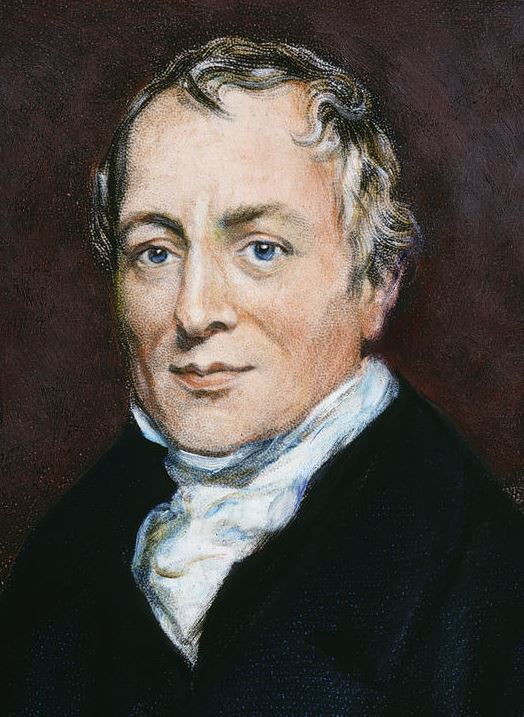We must ask why economists still ignore the obvious reality that application of their standard free trade model failed to generate broad-based income gains. Why do many still turn a blind eye to the mounting evidence of the social, economic, and human costs of the globalization experiment? Some were genuinely misled by the fancy algebra. But many know their models are irrelevant. They were seduced by the surprising willingness of political leaders to believe their sophistries and appoint them to positions of money, power, and influence … Paul Samuelson, himself a lifelong skeptic of free trade, once said that economics advances funeral by funeral. Old economists find it hard to give up on the theories that made their careers. I will give the final word to John Maynard
Topics:
Lars Pålsson Syll considers the following as important: Economics
This could be interesting, too:
Lars Pålsson Syll writes Schuldenbremse bye bye
Lars Pålsson Syll writes What’s wrong with economics — a primer
Lars Pålsson Syll writes Krigskeynesianismens återkomst
Lars Pålsson Syll writes Finding Eigenvalues and Eigenvectors (student stuff)
We must ask why economists still ignore the obvious reality that application of their standard free trade model failed to generate broad-based income gains. Why do many still turn a blind eye to the mounting evidence of the social, economic, and human costs of the globalization experiment? Some were genuinely misled by the fancy algebra. But many know their models are irrelevant. They were seduced by the surprising willingness of political leaders to believe their sophistries and appoint them to positions of money, power, and influence … Paul Samuelson, himself a lifelong skeptic of free trade, once said that economics advances funeral by funeral. Old economists find it hard to give up on the theories that made their careers.
I will give the final word to John Maynard Keynes, who was also a free trade skeptic:
“Free trade assume that if you throw men out of work in one direction you re-employ them in another. As soon as that link is broken the whole of the free trade argument brakes down.”
Thought-provoking and interesting. But I think Ferry misses the most powerful argument against the Ricardian free trade paradigm — what counts today is not comparative advantage, but absolute advantage.

Since Ricardo’s days, the assumption of internationally immobile factors of production has been made totally untenable in our globalised world. Our modern corporations maximize their profits by moving capital and technologies to where it is cheapest to produce. So we’re actually in a situation today where absolute — not comparative — advantages rule the roost when it comes to free trade.
And in that world, what is good for corporations is not necessarily good for nations.
